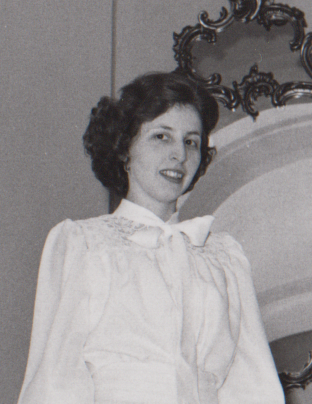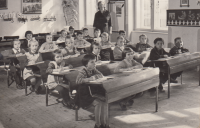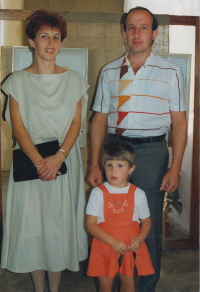Back then, you could not tell who you were talking to and what to say

Download image
Věra Halová, née Černotová, was born on 28 June 1954 in Lhota u Vsetína. Both her mother Františka and father Pavel Černota worked in the working professions (her father in the Zbrojovka in Vsetín, her mother as a forestry worker and later in the Lipta company) and came from traditionally agricultural families who lost their fields during collectivization. They raised their children in the evangelical faith. From September 1, 1960, when she entered the first class in Lhota u Vsetína, little Věrka longed to become a teacher. After graduating from the Vsetín grammar school, she was accepted at the second attempt to the Faculty of Education at Palacký University in Olomouc, where she studied Czech language and literature and civics. Here, thanks to her position as an assistant researcher under associate professor František Všetička, she became involved in samizdat and reproduced mainly poetry. As a teacher she worked mainly at the primary school in Liptál, and from 1996 to 2016 she was the head of the school. Until 2021 she was still a teacher at the primary school in Kateřinice. Since 1990, she served as a councillor of the municipality of Liptál for several years and was involved in organizing cultural events. For her outstanding work she received the Medal of the Ministry of Education, Youth and Sports (MŠMT) in 2014. She and her husband raised two children and live in Liptál (2022).









